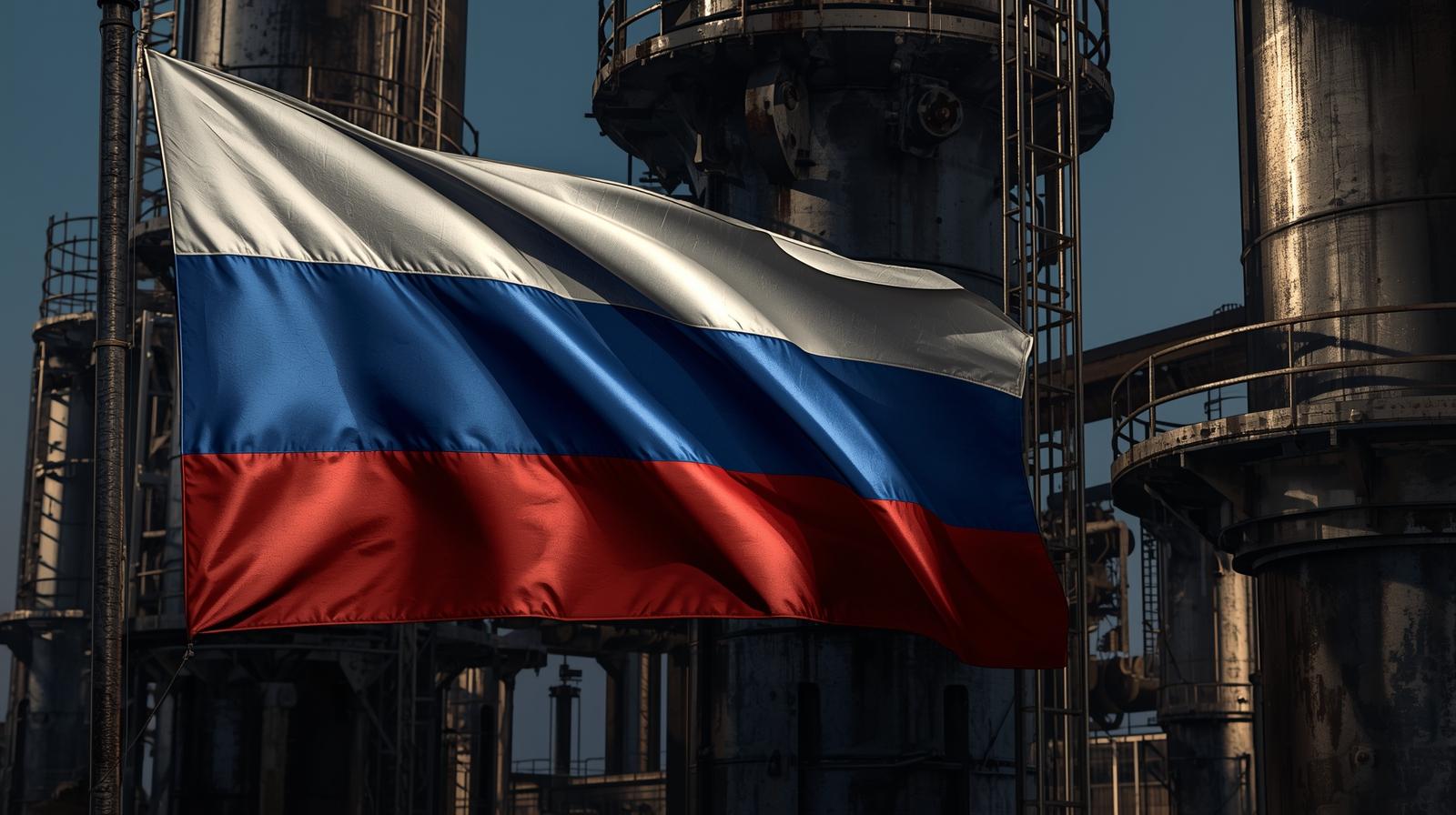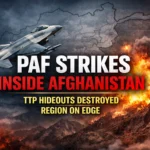By Ch.Haroon Rashid
Russian oil has once again become the center of global geopolitical turbulence. Former U.S. President Donald Trump, who has been vocal about the dangers of dependency on Moscow’s energy exports, recently issued a stern warning to NATO countries: stop buying Russian oil or face consequences. This follows his earlier warning to India over its continued purchase of Russian crude. According to an Al Jazeera report, Trump is pressuring NATO to cut ties with Russian energy before Washington imposes sweeping sanctions.
This development raises critical questions: What effects does this policy bring to the United States itself? And if NATO fully stops buying Russian oil, what strategic and economic gains could Washington secure?
The Immediate Effects on the U.S.
1. Rising Energy Prices at Home
Oil is traded on a global market, meaning supply shocks anywhere affect prices everywhere. If NATO countries, particularly in Europe, halt Russian oil imports, supply would shrink, likely pushing crude prices upward. For the U.S., this could translate into higher gasoline prices, costlier heating, and renewed inflationary pressure on households and businesses.
2. Economic Volatility and Supply Chain Risks
U.S. refiners would need to adjust quickly. Russian crude differs in composition from Middle Eastern or U.S. shale oil. Finding substitutes at short notice may increase refining costs, potentially disrupting supply chains. Additionally, industries dependent on fuel — aviation, logistics, and agriculture — would face rising input costs.
3. Diplomatic and Trade Friction
NATO unity is not guaranteed. Countries heavily dependent on Russian energy, like Hungary or Slovakia, may resist a full cutoff. Meanwhile, Washington’s proposed tariffs of up to 50–100% on countries like India and China over continued Russian oil purchases could trigger retaliatory trade measures, further complicating U.S. foreign relations.
The Potential Gains for the U.S.
1. Weakening Russia’s War Chest
Oil and gas exports remain the backbone of Russia’s economy and its military funding. By cutting Moscow’s access to NATO markets, the U.S. can significantly reduce the Kremlin’s war revenues, directly impacting its capacity to sustain prolonged conflict.
2. Boost to U.S. Energy Producers
A reduction in Russian supply creates space for American oil and gas exports to capture European markets. U.S. LNG (liquefied natural gas) exports are already increasing, and further restrictions on Russian oil could cement Washington’s role as a key energy supplier to NATO allies. This means more revenue, jobs, and leverage for U.S. energy giants.
3. Strategic Leadership in NATO
By pushing NATO to adopt a tougher stance, Washington reinforces its position as the alliance’s strategic leader. This not only boosts U.S. influence in Europe but also strengthens transatlantic unity against Moscow, showcasing America as the indispensable power in global security.
4. Long-Term Energy Diversification
Although painful in the short term, reducing reliance on Russian oil may accelerate investment in renewable energy and diversified imports. For the U.S., this opens new opportunities in clean tech exports, infrastructure development, and the broader global energy transition.
Analytical Conclusion
Trump’s warning to NATO countries about Russian oil is both a high-stakes gamble and a calculated strategic push. On one hand, the U.S. risks domestic backlash from rising energy prices and trade disputes. On the other, if successfully enforced, Washington could achieve multiple long-term goals: crippling Russia’s war finances, expanding U.S. energy dominance, and cementing America’s leadership within NATO.
The real challenge lies in execution. Without careful coordination, sudden bans could create more economic pain for NATO members than for Moscow. But if managed with phased enforcement, alternative supplies, and stronger sanctions monitoring, this strategy may turn Russia’s greatest strength its oil exports — into its Achilles’ heel.
As the Al Jazeera report highlights, Trump’s demands have already set the stage for a new round of economic confrontation. The question now is not whether NATO can afford to stop buying Russian oil, but whether it can afford not to.










